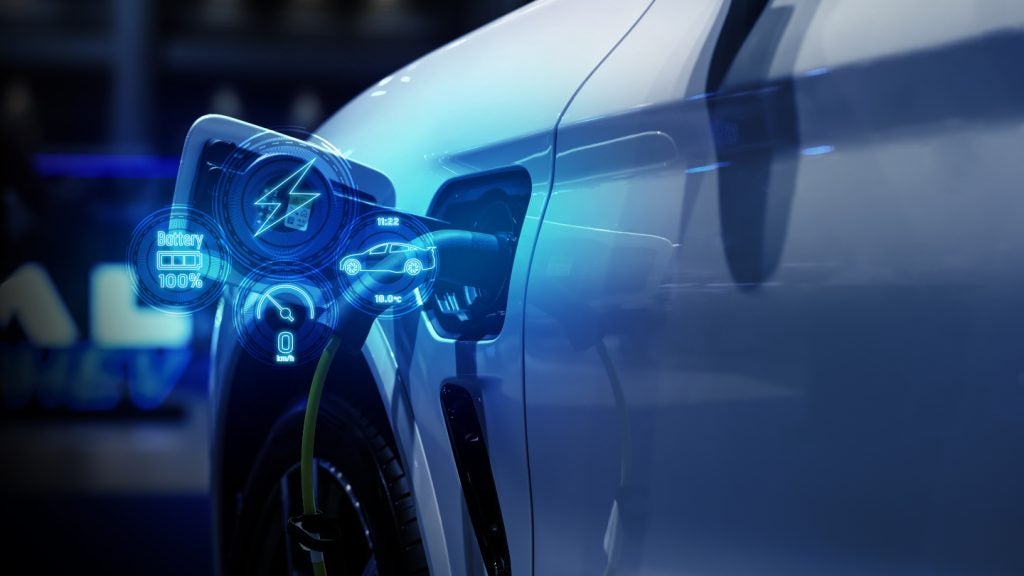South Korea is set to boost financial assistance for its carmakers and increase subsidies for electric-vehicle (EV) buyers in 2026.
The measures are intended to offset the impact of US tariffs.
The government has set aside over Won15tn ($10.2bn) for the auto sector next year, comprising low-interest loans and state guarantees for vehicle and parts manufacturers.
EV purchase subsidies will rise by over 30% to Won936bn. Consumption and acquisition taxes will be eliminated for all‑electric, hybrid petrol‑electric and hydrogen vehicles, Bloomberg reported.
A trade‑in subsidy of up to Won1m will be introduced for buyers of new EVs who scrap older cars.
Authorities will also establish a new Won50bn fund and use an existing Won150bn to back next‑generation vehicle projects, with a stated goal of achieving domestic mass production of autonomous vehicles by 2028.
The government said it will review incentives to push toward EV targets such as a 1,500km driving range, five‑minute charging and price parity with petrol cars by 2030.
Prime Minister Kim Min‑Seok announced the measures during a visit to a Kia plant for the launch of electric purpose‑built vehicles.
The industry ministry framed the package as support to shore up the domestic auto industry, which has been hurt by US tariffs even after a recent bilateral agreement that will cut duties on Korean imports from 25% to 15%.
The ministry said: “The tariff agreement is expected to reduce uncertainty in the US market, but pending issues remain, including intensifying competition in AI autonomous driving technology and maintaining the domestic automobile manufacturing base.”
US levies have significantly squeezed margins at leading Korean carmakers.
Hyundai Motor said the tariffs cost about Won1.8tn in the third quarter, and Kia reported a cost of Won1.2tn, with both companies anticipating similar impacts in the final quarter of the year.
In response, Hyundai and Kia have been expanding US production at factories in Alabama and Georgia.
They are also widening their hybrid model range for the North American market.
Both the companies introduced EV models developed or manufactured locally in Europe, India and China.









